Ankur Pathak in Locarno
Ankur Pathak captures the essence of the Locarno International Film Festival, live from Locarno!
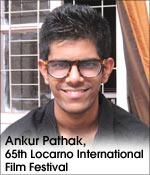 The rare gift about cinema is that it can capture the infiniteness of time. It can hold it stagnant, revel in it and release it, and the audience unwittingly becomes an active participant in the entire exercise.
The rare gift about cinema is that it can capture the infiniteness of time. It can hold it stagnant, revel in it and release it, and the audience unwittingly becomes an active participant in the entire exercise.
If given an opportunity at the age of 50, would you like to go back in time and undo the decisions that haven't had very succesful outcomes? Would you stay away from experiencing love just because you know it is going to end in heartbreak and despair? Or would you commit the same mistakes all over again, because well, the time that you had, was the best you ever did have?
These are exactly the poignant questions which French director, writer and actor Noemie Lvovsky puts forth in her new film Camile Redouble, screening in the Piazza Grande section of the Locarno International Film Festival after been shown at Cannes early this year in the Directors' Fortnight section.
Camile Redouble
Image: A scene from Camile RedoubleStarlet
Image: A scene from StarletMuseum Hours
Image: A scene from Museum HoursAwards
Image: The Open Doors Award winnersPhotographs: Ankur Pathak

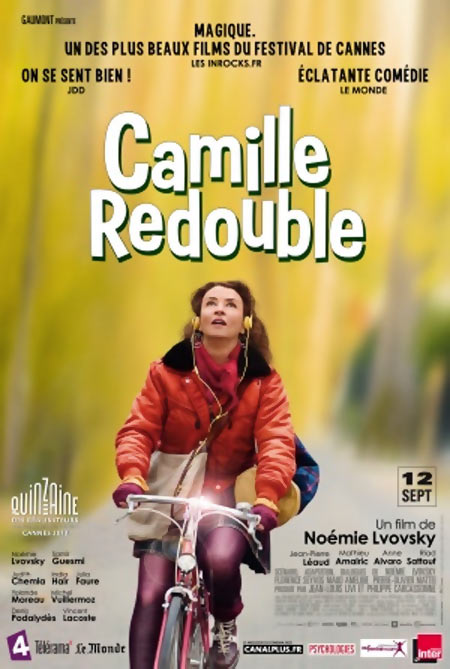
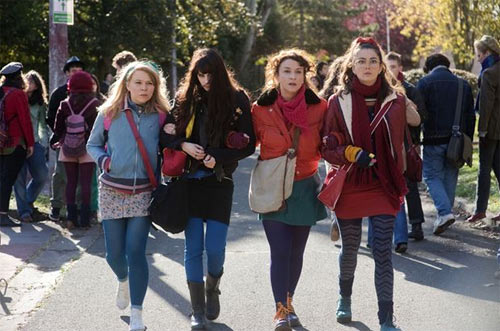
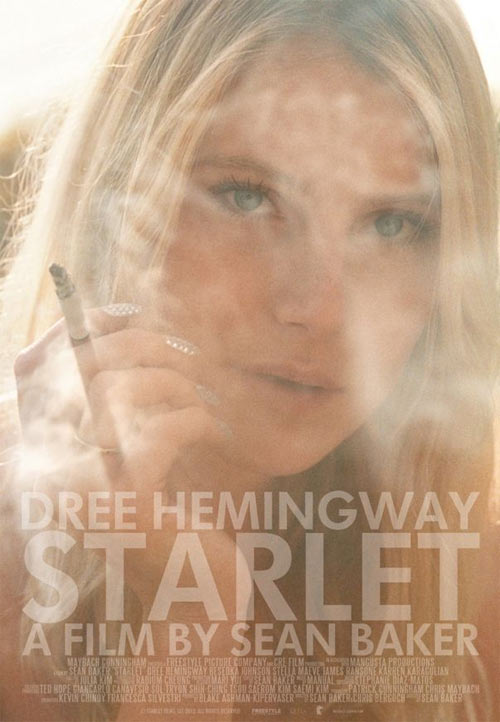
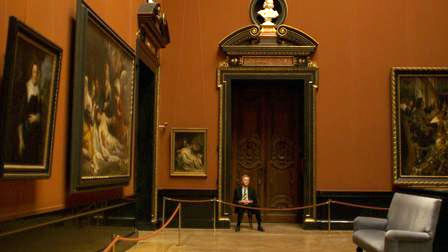
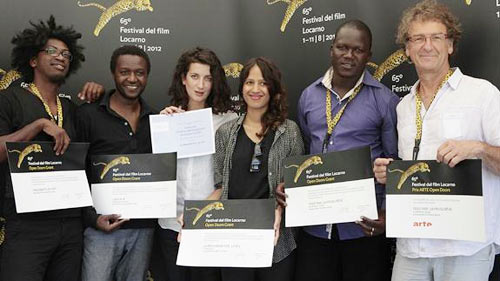
Comment
article